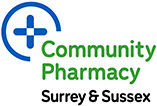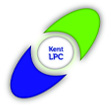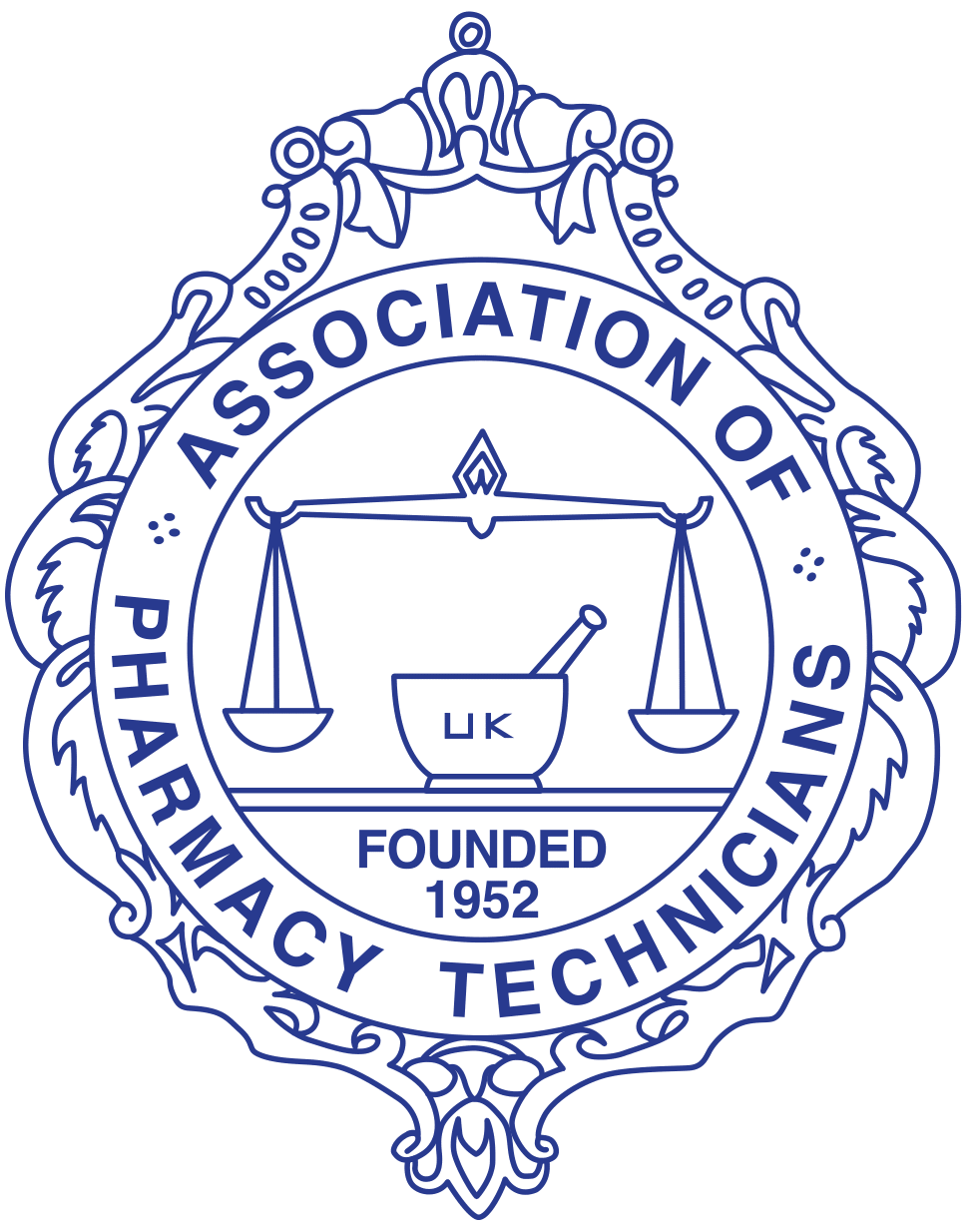Sarah Crawshaw - Teacher Practitioner
Transcript
00:00:00:13 [Speaker 1]: Yes. That's like for the best. Okay. Um, I wanted to, um, have a think about how things have shifted on cozy and how last time pharmacists have really stepped up and were on the front lines or the pandemic.
00:00:26:00 [Speaker 2]: Okay. So, um, COVID has really sort of accelerated things within pharmacy is probably how best to describe it. Um, so I mean, certainly in community pharmacy, you know, eight, well, just over a year ago now, um, you know, we were, you know, one of very few businesses that were still open, um, you know, we alongside kind of supermarkets and sort of those sorts of things. We, we were the only thing that we're allowed to be open. And, you know, I can remember the patients phoning us up to ask
00:01:00:14 us, are you open? Um, as a company, we had to send out, you know, messages, text messages to all of our patients to let them know that we were still open. Um, and I think what has really been, as I say, the biggest thing is, is that it's, it's accelerated things. So, you know, we've very, very
00:01:23:20 quickly had to change the way that we worked and the way that we do things. And actually what it has meant is that, you know, things that were sort of in the pipeline to be done for pharmacy, um, you know, we've managed to kind of get those rolled out much earlier than we might've anticipated. There have been some things that have been put kind of on the back burner a little bit. Um, but certainly in terms of the, you know, the way that we're communicating with patients, um, you know, that has changed and, you know,
00:01:58:16 we're, we're certainly doing that in, in different ways and we're starting to use utilize much more kind of, um, technology within that. So we're doing more digital consultations with patients and that's becoming much more normal for us to do, whereas before it would always be, you know, a patient would come in and talk to us and that has benefits on both sides, uh, because you know, it means that patients don't necessarily have to come down to actually speak to us. Um, and you know, we're able to offer sort of
00:02:31:15 a much wider range of, of things to our patients. So for me, that's certainly how COVID has changed things for us, but our doors are still open. They always always were and always will be
00:02:49:00 [Speaker 1]: Like you say much. I think that gives us a nice jumping off point into thinking about the future of pharmacy, how things are shifting innovations that play and your vision for the future, what you would like to see happen.
00:03:08:15 [Speaker 2]: Okay. So for me, the future of pharmacy is really, really bright. Um, I think we have got so much opportunity that is, you know, at our feet at the moment and, you know, we've got to grasp it with both hands and run. Um, we've got new standard, new initial education and training standards for pharmacy, which will mean that, um, you know, pharmacists who start their training, um, in the next sort of year or two will be coming out as qualified independent prescribers when they register,
00:03:40:05 um, as pharmacists. And that is going to mean that there's going to be some really big changes in the way that pharmacy works fundamentally. Um, you know, it's going to give pharmacists a little bit more autonomy, um, and also a lot more opportunity as well. So, um, you know, we are really gonna end up being integrated as part of that healthcare team, um, in the management of patients, that's certainly the way that I see things, um,
00:04:10:21 being able to go, you know, exactly how that will look. I think it will depend on the individual pharmacists really, and the needs of, you know, where they are working. Um, and you know, I've, I've said that before, you know, one of the beauties of pharmacy is that everywhere is slightly different, you know, everywhere has different needs, different populations serving it. And, you know, we can make sure that we tailor what we're offering to best suit those people. Um, but I certainly see
00:04:41:08 pharmacists being able to run, you know, more, you know, clinically focused clinics, um, and you know, being able to utilize a lot of the skills that certainly in community where maybe not drawing on, um, enough, it is most
00:05:06:13 [Speaker 1]: People just see messages for the bright picture of oppression. Um, I wanted to pop on, I can ask you something in milk, it will pass, but just sort of looking back, um, matching what you were when you were just at uni and I will correct operations, but maybe things at times maybe felt overwhelming and much more you've done with the knowledge
00:05:40:21 and experience you have now, or what would you say that your younger self?
00:05:48:07 [Speaker 2]: Okay. So I would say to my younger self is take any opportunity that's offered to you. Um, I, you, you certainly don't know what you like until sometimes you've tried it and you don't know what you don't like as well until you've tried it. And I think understanding both of those things is really important. And just because you do something and you don't like, it doesn't mean that it was a wasted opportunity. Um, you know, you've learned something from that. So I think, you know, reminding myself
00:06:21:22 of that and taking sort of every opportunity that comes your way and, you know, putting yourself in the frame, um, you know, I often tell the students that I work with and, you know, the people I work with, you know, the only way that you can not get a job is if you don't apply for it. Um, you know, disappointment will always be part of, um, you know, what you have to experience through a career, but if you put yourself there, at
00:06:48:13 least you're giving yourself that opportunity and you know, who knows what may come from that. Um, so that would be my piece of advice,
00:07:02:07 [Speaker 1]: But, and I also didn't want that maybe in a nutshell, like the most significant thing, um, as a profession has given you,
00:07:18:19 [Speaker 2]: Ooh, that's a tough one. You didn't ask me that one last time.
00:07:23:11 [Speaker 1]: So from
00:07:24:12 [Speaker 2]: A personal perspective, I would say that pharmacy has, it's given me the opportunity to support people. Um, you know, be that my patients be that, you know, the staff I work with be that, um, you know, my students it's, it's given me the opportunity to, you know, help people in, in ways that actually, I probably never thought that I maybe would necessarily help them. Um, and it's certainly given me a lot of skills, you
00:07:59:12 know, particularly around, you know, how, how do you communicate with people, um, that I didn't actually see, I didn't actually realize quite the importance of those sorts of skills and, you know, a lot of the, you know, how, how do you get the best from people? Um, and how do you sort of do that? So those are probably the things I think that, that pharmacy has
00:08:23:24 really kind of brought out for me.
00:08:31:19 [Speaker 1]: Yeah. I think that's really punchy and important for people to hear. And what I think is a USP is often you package things in a way that are just like a sound bite. You can tell your teacher point is a joy for us. I mean, do you like your neck, wherever else you'd want where
00:09:05:18 it might take you?
00:09:08:15 [Speaker 2]: Okay, well, so actually my next steps are that from, um, September, I will be starting in a fellowship role. Um, so I was awarded a place on the chief pharmaceutical officer's clinical fellow scheme, um, which is a scheme to help aspiring, um, leaders in pharmacy developed their leadership and management skills by working in, um, different organizations across pharmacy, kind of interacting with, um, sort
00:09:40:05 of, um, on a more national level to kind of understand what's going on, um, sort of within pharmacy from that level. So I will be going to work for, um, pharmacies, professional body and the Royal pharmaceutical society, quite what I'm going to get up to for the next 12 months with them. Um, I'm not quite sure, but I'm really, really excited, um, to be doing that. And, you know, hopefully, um, from there, I will know a little bit more about
00:10:09:08 maybe, maybe what the future holds for me, but I'm, I'm keeping my options open because there are so many of them. Thank you so much.
00:10:25:01 [Speaker 1]: I don't think so for me, no, like we covered quite a lot of ground close to present day for possibility.
00:10:36:12 [Speaker 2]: Are you going to say I'm good. Good luck, Jake. I just take this all into something. Okay. Just before we finish,
00:10:48:10 [Speaker 1]: Could you introduce yourself again? Of course. Um, hi. So, um, my name is Sarah and I am a teacher practitioner. Um, I work for Day-Lewis pharmacy and the university of bath. Is that all you want me to say joke or do you want the whole bit? No, that's perfect. Thank 00:11:20:17 you.


